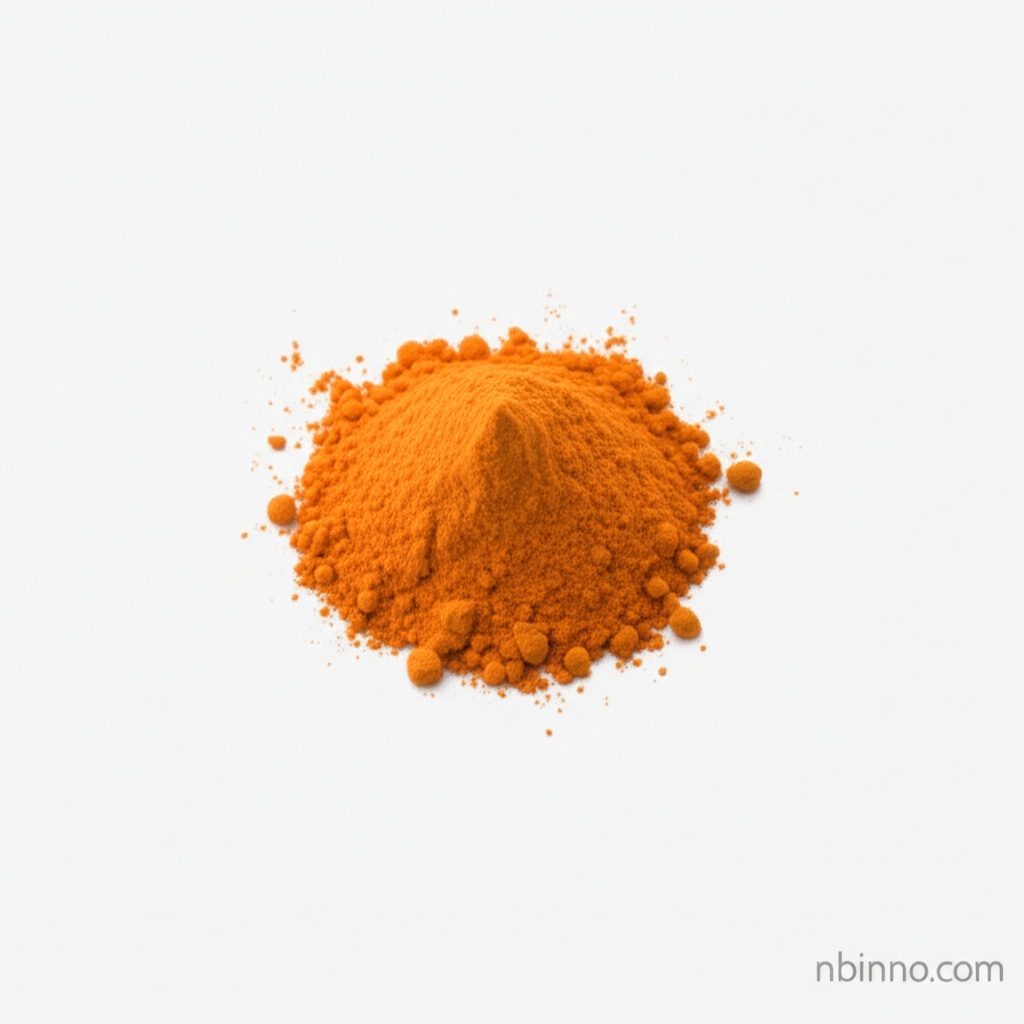Pyridinium Chlorochromate (PCC): A Key Oxidizing Agent in Organic Synthesis
Discover the power and selectivity of Pyridinium Chlorochromate (PCC), an essential reagent for transforming alcohols into valuable carbonyl compounds in organic chemistry.
Get a Quote & SampleProduct Core Value

Pyridinium Chlorochromate
As a reliable supplier in China, we offer Pyridinium Chlorochromate (PCC), a mild yet effective oxidizing agent vital for precise chemical transformations. PCC is distinguished by its ability to selectively oxidize primary alcohols to aldehydes and secondary alcohols to ketones. Unlike stronger oxidants, it prevents the over-oxidation of aldehydes to carboxylic acids, ensuring higher purity and yield in complex syntheses. This makes it an indispensable tool for chemists aiming for targeted outcomes.
- The selective oxidation of primary alcohols to aldehydes with Pyridinium Chlorochromate (PCC) is a cornerstone of modern organic synthesis. This capability is critical for producing key intermediates in pharmaceutical manufacturing.
- Oxidation of secondary alcohols to ketones using PCC is a reliable method for synthesizing various carbonyl compounds used in flavors and fragrances.
- Leveraging mild oxidizing agents for alcohols like PCC ensures that sensitive functional groups elsewhere in the molecule remain unaffected.
- The Corey-Suggs reagent, or PCC, has been a workhorse in academic and industrial labs for decades, enabling controlled transformations in the synthesis of complex organic molecules.
Key Advantages
Selective Oxidation
PCC offers superior selectivity in alcohol oxidation, targeting primary alcohols to aldehydes and secondary alcohols to ketones without causing further unwanted reactions, a key aspect of efficient organic synthesis.
Prevents Over-oxidation
Unlike potent oxidizers, PCC stops the oxidation at the aldehyde stage for primary alcohols, thereby avoiding the formation of carboxylic acids and simplifying downstream purification processes for valuable carbonyl compounds.
Milder Reaction Conditions
The use of PCC allows for milder reaction conditions, which is crucial when working with substrates that are sensitive to harsh chemical environments, contributing to better overall reaction success.
Key Applications
Alcohol Oxidation
PCC is extensively used for the precise oxidation of alcohols. This fundamental transformation is central to the synthesis of various organic compounds and is a critical step in producing aldehydes and ketones.
Organic Synthesis
In the realm of organic synthesis, PCC serves as a reliable reagent for introducing carbonyl functionalities, facilitating the construction of complex molecular architectures.
Pharmaceutical Intermediates
The selectivity of PCC in converting alcohols to aldehydes makes it invaluable for synthesizing pharmaceutical intermediates, where high purity and precise functionalization are paramount.
Fine Chemical Production
PCC is employed in the production of fine chemicals, including those used in fragrances and specialized materials, where controlled oxidation is key to achieving desired product characteristics.
